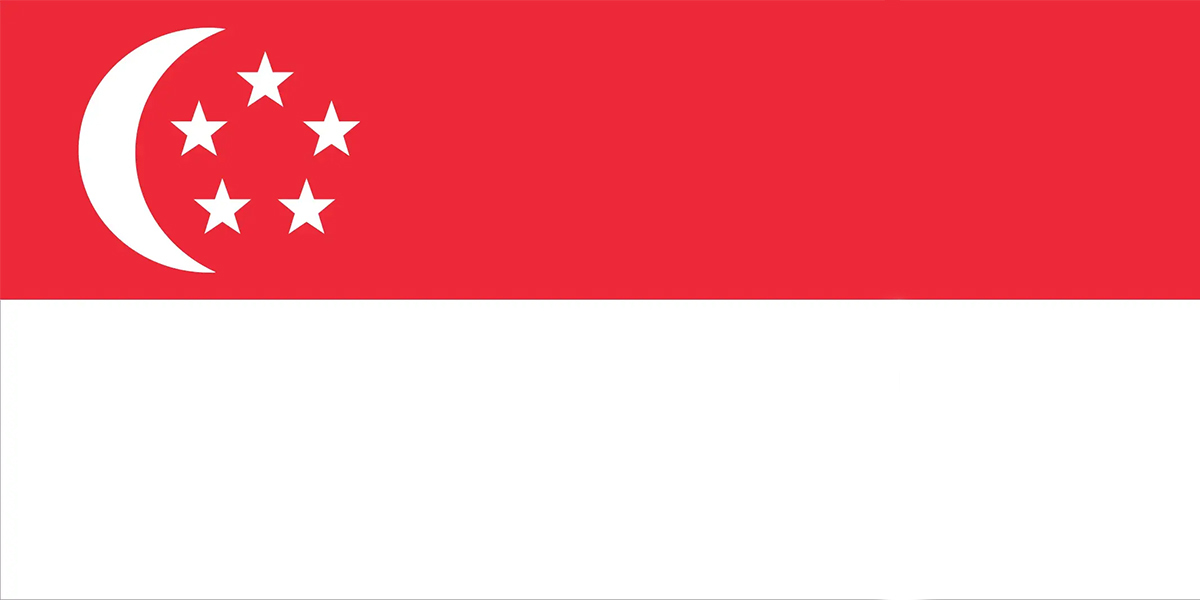Since its listing in 2005, GDEX has invested about RM23mil for the expansion of its network base, fleet size, IT upgrades and the development of its machinery and equipment.
OSK Research opines that these investments will overall enhance the group’s operational processes, thus allowing faster turnaround time of its deliveries and operations as consignment volumes increase.
For starters, GDEX is set to more than double its daily consignments handling capacity to 60,000 from 25,000 currently once its integrated hub management system (IHMS) runs at full steam.
The IHMS was recently completed with the addition of a conveyor belt system to sort parcels and documents and is now on a trial run. The GDex hub and its headquarters cover an area of 170,000 sq ft.
The IHMS cost the company a total of RM19mil over the past eight years to put into place, and this included upgrades on infrastructure, computer hardware and software programs.
The company could subsequently triple its capacity stemming from the acquisition of a plot of land adjacent to its premises four years ago.
OSK says the group’s network base has grown from 72 stations in 2005 to 91 stations in 2007. Its existing stations of 92 comprise 50 branches, three affiliates and 38 agents and an additional foreign subsidiary in Singapore.
Through its current existing network, GDEX runs a fleet size of 222 vehicles. It is also expanding its fleet with at least 30 new vehicles per annum.
OSK is expecting double-digit growth in its revenue and income as higher consignment volume kicks in.
It is initiating coverage on GDEX’s with a fair value of 64 sen derived from a 1 time (x) price earnings growth (PEG) multiple based on 27% compounded annual growth rate (CAGR) over the next two years and a price to sales ratio of 3.3x.
The group’s businesses are separated into two segments, which are the Express Delivery Service and the Customised Logistics Solutions (CLS) provider.
In terms of volume, 65% of the total consignments received currently are for the delivery of documents. Despite the lower volume for its parcel shipment, it contributes about 62% to group’s sales mostly via the delivery of packages from volumetric weight calculation.
This is the applicable form of measurement among express delivery providers. With this calculation, the group is able to charge according to the size of the package despite its weight.
For the first quarter to September 2007, GDEX’s revenue increased 15.1% to RM15.88mil while net profit increased 39% to RM778,000.
OSK says that up to 50% of the group’s revenue is generated from consignments sent within Peninsular Malaysia, while Sabah and Sarawak account for 22%.
Revenue generated from deliveries to specific destinations on a project basis (mainly from its CLS division), Singapore, international delivery and within the same stations account for 17%, 1.50%, 4.6% and 3.6% respectively.
Moving forward, the company will shift its focus on acquiring more customers for the CLS segment where profit margins are typically higher. Presently revenue from the CLS division accounts for only 12.7% of the group’s turnover.
OSK says that since 2001, the group’s CLS division has grown at a CAGR of 72%. Its bottomline is expected to grow at a CAGR of 24% for FY07 to FY10.
“We estimate that top-line earnings will grow at a CAGR of 18% over the next three years while bottomline to increase at a CAGR of 24% as consignment volume kicks in,” says the analyst.
Meanwhile, the recent resignation of Teong Teck Lean as CEO should not have any major impact on the group’s operations and strategy, as Leong Chee Tong will assume the role. Teong will remain as executive deputy chairman, to focus on the strategic planning of the group.
For its year ended June 2008, OSK is forecasting net profit of RM2.7mil on the back of RM78.5mil in revenue.
Nonetheless with a forward PE of 72.5x, OSK says GDEX is still overvalued compared to its peers which are currently trading at the range of 15X PE.
We derive our valuation from a 1x PEG multiple based on EPS CAGR of 27% over the next two years and incorporating a P/sales of 3.3X (averaged between FY06-FY09).
This gives us a fair value of 64 sen based on the average valuation of 12M rolling EPS and sales per share of 1.18 sen and 29.46 sen respectively.
Hence, we initiate with a Neutral as downside appears rather limited due to its illiquid nature.


